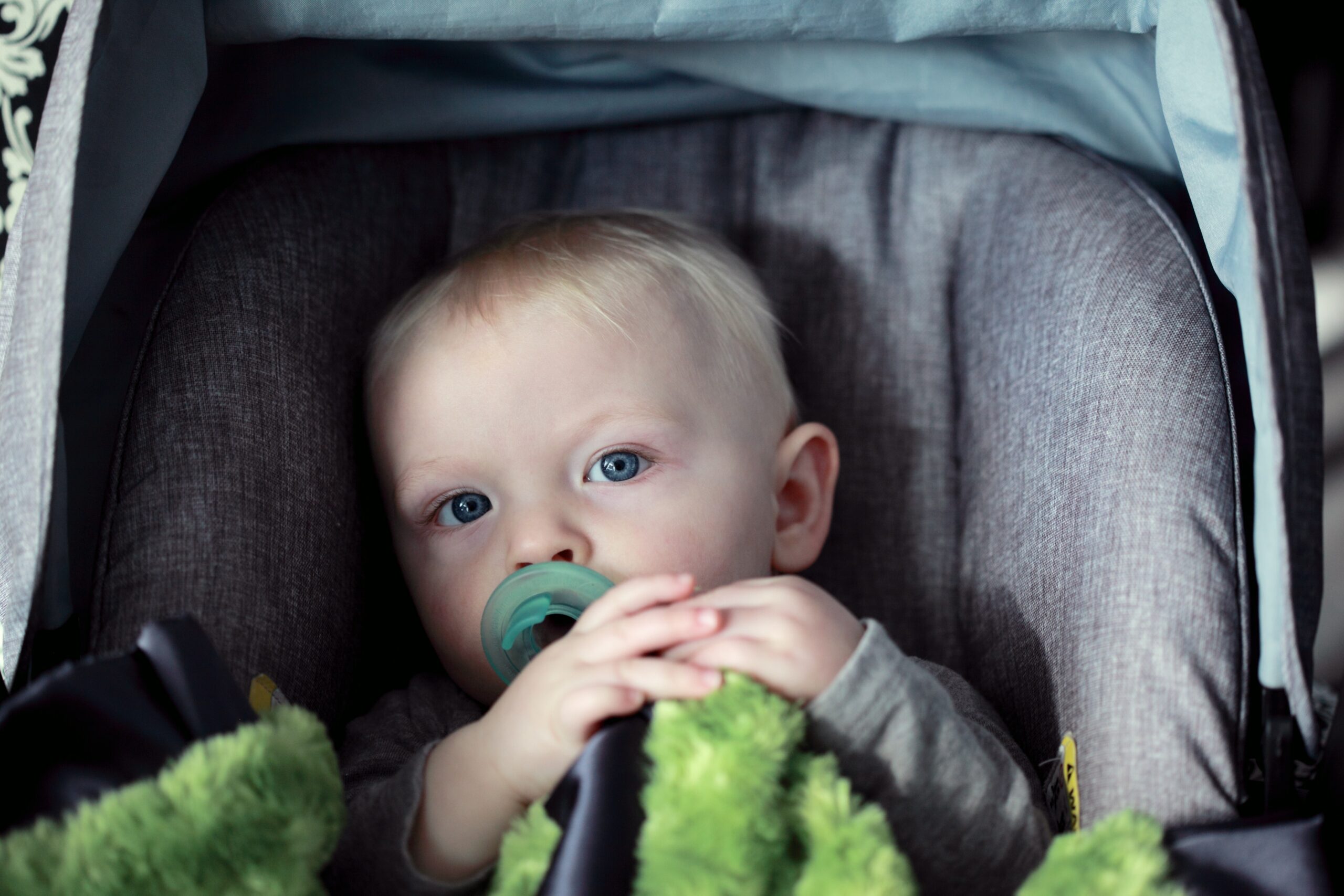
Britax Child Safety Seats Recalled for Harness Adjuster Defects
Britax Child Safety Inc. has recalled 14,220 child safety seats because of product defects that cause the restraint system to fail in the event of a collision. According to a news report in The Wall Street Journal, Britax is recalling certain Chaperone restraint systems for infants because the harness adjusters may detach from the seat leaving children unprotected in the event of a car accident. The defective car seats were manufactured between Sept. 1, 2010 and April 30, 2011.
So far, the company has reported receiving 57 complaints from customers in the United States about these faulty seat harness adjusters failing. Such failure could result in serious injuries for children. Company officials say the flaw was caused by a manufacturing defect where improper rivets were used to attach the adjusters to the seats. So far, no injuries or fatalities have been reported as a result of these child safety seat defects. Britax will notify owners about these products and provide repair kits at no charge to consumers.
NHTSA is also encouraging parents and caregivers to register safety seats with the manufacturer. That way, if the car seat you own is recalled, manufacturers are required to notify you by first-class mail. It is important that the manufacturer has your current mailing address and all the information necessary to identify the product you purchased.
The Importance of Car Seats
Car seats are an essential safety device that helps protect children from serious injury or death in the event of a car accident. They provide crucial protection by securing the child in place, distributing the forces of the impact across the strongest parts of the body, and reducing the risk of head, neck, and spinal injuries. In this article, we will explore the importance of using car seats for children and why it is critical to use them properly.
First and foremost, car seats can significantly reduce the risk of injury or death in a car accident. According to the Centers for Disease Control and Prevention (CDC), car seats can reduce the risk of death for infants (under 1 year) by 71% and for toddlers (1-4 years) by 54%. The CDC also reports that car crashes are a leading cause of death for children in the United States, with one in four car accidents resulting in injury or death to a child passenger.
Car seats come in various types and sizes to fit the age, weight, and height of a child. Rear-facing car seats are designed for infants and young toddlers and provide the best protection for their fragile heads, necks, and spines in the event of a crash. Forward-facing car seats are suitable for toddlers and young children, while booster seats are recommended for older children who have outgrown their car seats but are not yet tall enough to use a regular seatbelt.
It is also important to note that car seats must be installed and used correctly to provide maximum protection for children. According to the National Highway Traffic Safety Administration (NHTSA), three out of four car seats are not used correctly. Incorrect installation or usage can increase the risk of injury or death in a car accident. Therefore, it is essential to read the manufacturer’s instructions carefully and follow them closely.
Additionally, parents and caregivers should ensure that the car seat is appropriate for the child’s age, weight, and height. As children grow, they will require different types of car seats to ensure maximum protection. It is recommended to use rear-facing car seats until the child is at least 2 years old, or until they have outgrown the height and weight limits of the car seat. Children should remain in a forward-facing car seat with a harness until they reach the maximum height or weight limit specified by the manufacturer. Finally, children should use a booster seat until they are tall enough to use a regular seatbelt.
Another important aspect of car seat safety is proper placement within the vehicle. The back seat is the safest place for children to ride, and children should never be placed in the front seat of a car equipped with airbags. If a child must ride in the front seat of a vehicle without airbags, the seat should be moved back as far as possible.
If you or a loved one has been injured by a defective product, the experienced Las Vegas personal injury attorneys at Shook & Stone can offer you more information about pursuing your legal rights. Please contact us at 702-570-0000 to find out how we can help you.
 Clear
Clear Las Vegas Motorcycle Intersection Accident Causes Injuries
Las Vegas Motorcycle Intersection Accident Causes Injuries 